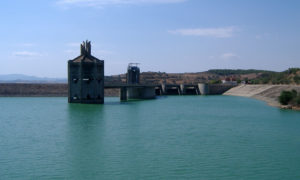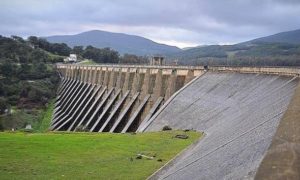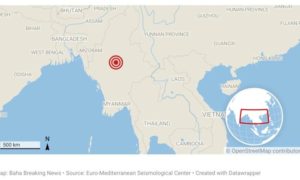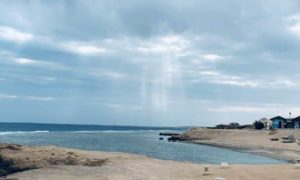In a statement to Tunisie Numérique, expert in water resources, Hussein Rhaili, remarked on the Ministry of Agriculture’s intention to establish four new dams to decrease the water scarcity that Tunisia suffers from and fight drought in light of the climate changes that the world is experiencing. He stated that the details of the construction of these dams or their locations have not been announced.
Rhaili added that considering establishing these dams in the traditional regions, namely the north and northwest, raises some questions. The current dams are filled to approximately 31% capacity, mainly due to changes in the precipitation distribution map. The coastal areas, centre, and south have received the largest percentage of rain since March.
The water resources expert noted that storing water employing dams is a traditional method that the world is starting to move beyond. This method results in substantial water evaporation due to rising temperatures. Tunisia experiences more than seven months of sunny days on average, and during the summer, record temperatures are registered, leading to substantial evaporation. Therefore, building dams to collect water that mostly evaporates is unreasonable.
Rhaili stressed the necessity to present serious proposals and more feasible solutions to the problem of water scarcity in the country. He suggested concentrating on areas with the highest precipitation, such as the coast, for building dams. He likewise proposed considering temporary dams in southern regions to benefit from rainfall and lower pressure on the groundwater table. Further, he recommended creating underground dams, which do not require large investments and can deliver significant quantities of water to underground areas when geological conditions allow. Groundwater tables are considered the best reservoirs for water, with zero evaporation and protection from pollution.
Concerning the move towards desalinating seawater, Rhaili explained that this solution is extremely expensive. Filling a cubic meter of water in dams costs 1,500 millimetres while desalinating a cubic meter of water will cost the state between 3,000 millimetres and 3,500 millimetres. The energy cost of desalinating seawater is high, exacerbated by a notable energy deficit, trade deficit, and lack of renewable energy initiatives. Therefore, alternative solutions to desalinate seawater are required.
What's happening in Tunisia?
Subscribe to our Youtube channel for updates.














































